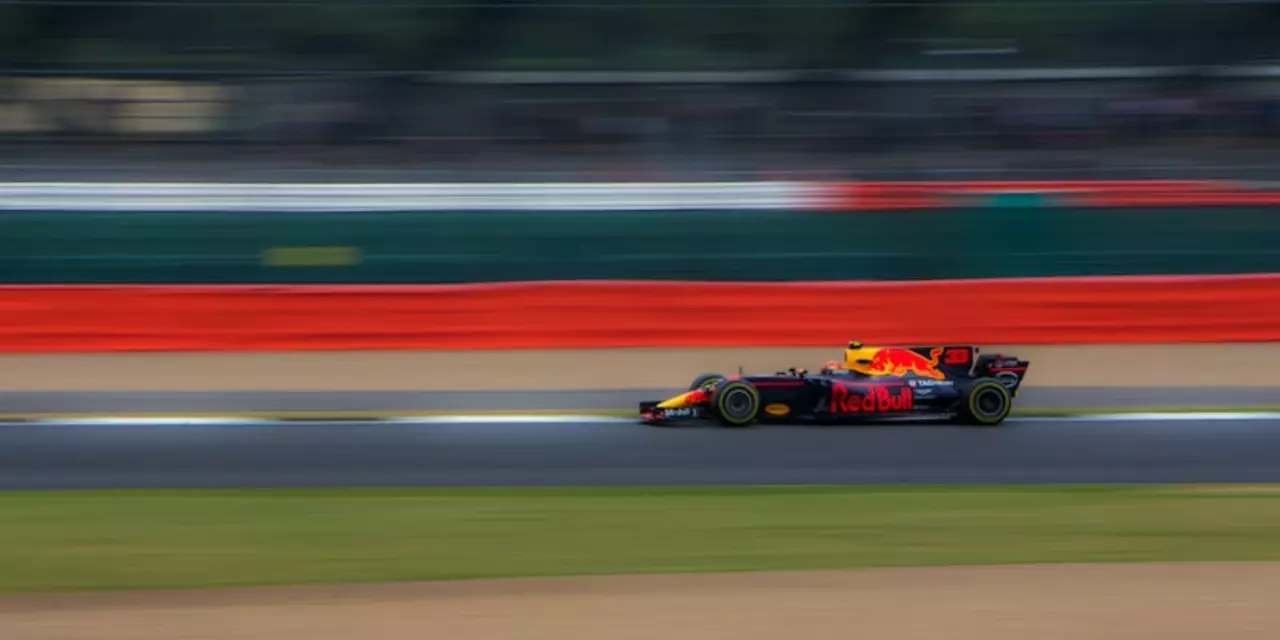Purpose of Motorsports – Why Racing Matters
Ever wonder why people spend billions on racing series, why fans camp out for hours, and why manufacturers chase podiums? It isn’t just about fast cars and loud engines. Motorsports serve a handful of clear purposes that affect everything from the tech in your everyday car to the vibe of local clubs.
First off, racing is the ultimate test lab. When a team tweaks a wing or tries a new hybrid power unit, they’re looking for fractions of a second. Those tiny wins often spill over into road‑going vehicles – better fuel efficiency, smarter aerodynamics, and safety features you can’t find elsewhere. In other words, the track is a fast‑forward research and development center.
Second, motorsports feed pure adrenaline. The rush of a corner taken at 200 km/h, the roar of engines, the smell of burnt rubber – that sensory overload creates a bond between driver and machine that’s hard to replicate elsewhere. Fans live for that instant thrill, and the sport’s purpose is to keep delivering it, race after race.
Fueling Innovation
Innovation isn’t just a buzzword in racing; it’s a daily requirement. Think about Formula E’s electric powertrains or the hybrid systems in modern endurance cars. Those breakthroughs start on the circuit and end up in the cars you drive to work. The purpose here is simple: push the limits of what’s possible, then bring those gains to the masses.
Even beyond engines, racing advances materials science. Carbon‑fiber chassis, fire‑resistant fabrics, and lightweight alloys all began as race‑centric solutions. When a driver survives a crash thanks to a balaclava or a fire‑proof suit, that safety tech can filter down to everyday protective gear.
Building Community and Career Paths
Motorsports also create a community that spans continents. Local karting clubs, national championships, and global series all share a common language – speed. That community offers a clear purpose: give aspiring drivers, engineers, and technicians a place to learn, compete, and network. Whether you’re polishing a bike’s lean angle or applying for a racing licence, the sport provides a ladder to progress.
Beyond the track, motorsports inspire careers in engineering, data analysis, marketing, and event management. The purpose isn’t just entertainment; it’s an industry that employs thousands and drives economic activity, especially in regions where tracks become tourist magnets.
Lastly, the purpose of racing is evolving with the planet. Critics point out the carbon footprint of travel, fuel, and venue construction. In response, series are adopting greener practices: using sustainable fuels, limiting travel emissions, and even going fully electric. The purpose now includes showing that high‑performance sport can coexist with environmental responsibility.
So, the next time you hear a revving engine, think about all the layers behind it – innovation, excitement, community, and a push toward a greener future. That’s the real purpose of motorsports, and it’s what keeps the sport alive and kicking.
